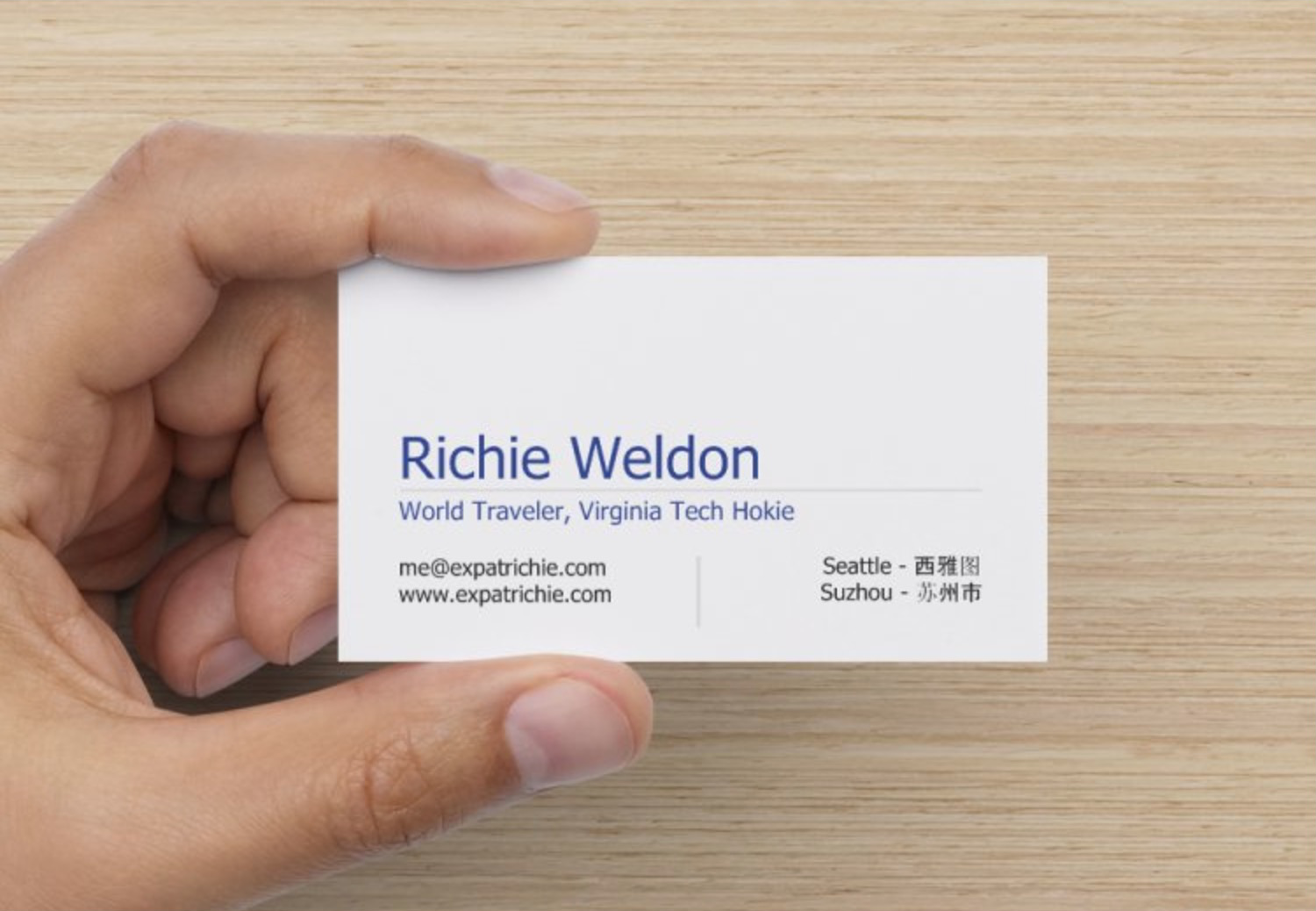It seems that, just like most cultures around the world, the Chinese have a traditional food component to some of their holidays. For Qing Ming Festival, that food component is called qing tuan (青团;qīng tuán) and it resembles a green, glutenous ball filled with black or red bean paste.

The kitchens at work today had a number of 青团 available on trays for us to grab and enjoy, and enjoy I did! These beautiful green balls of goodness reminded me of Japanese mochi, though the ones we had today were a bit wet or maybe even oily. (Pete, if you’re reading this, I almost used your favorite word, unctuous, but decided it wasn’t quite fitting as I enjoyed the treat!)
For those of you following along at home who like to cook, there are a number of recipes on the internet for 青团 so go ahead and make a batch or two and drop a comment in the section below to let me know how they came out!
If I’m lucky over the next few days I’ll find some 青团 for sale by street food vendors.


